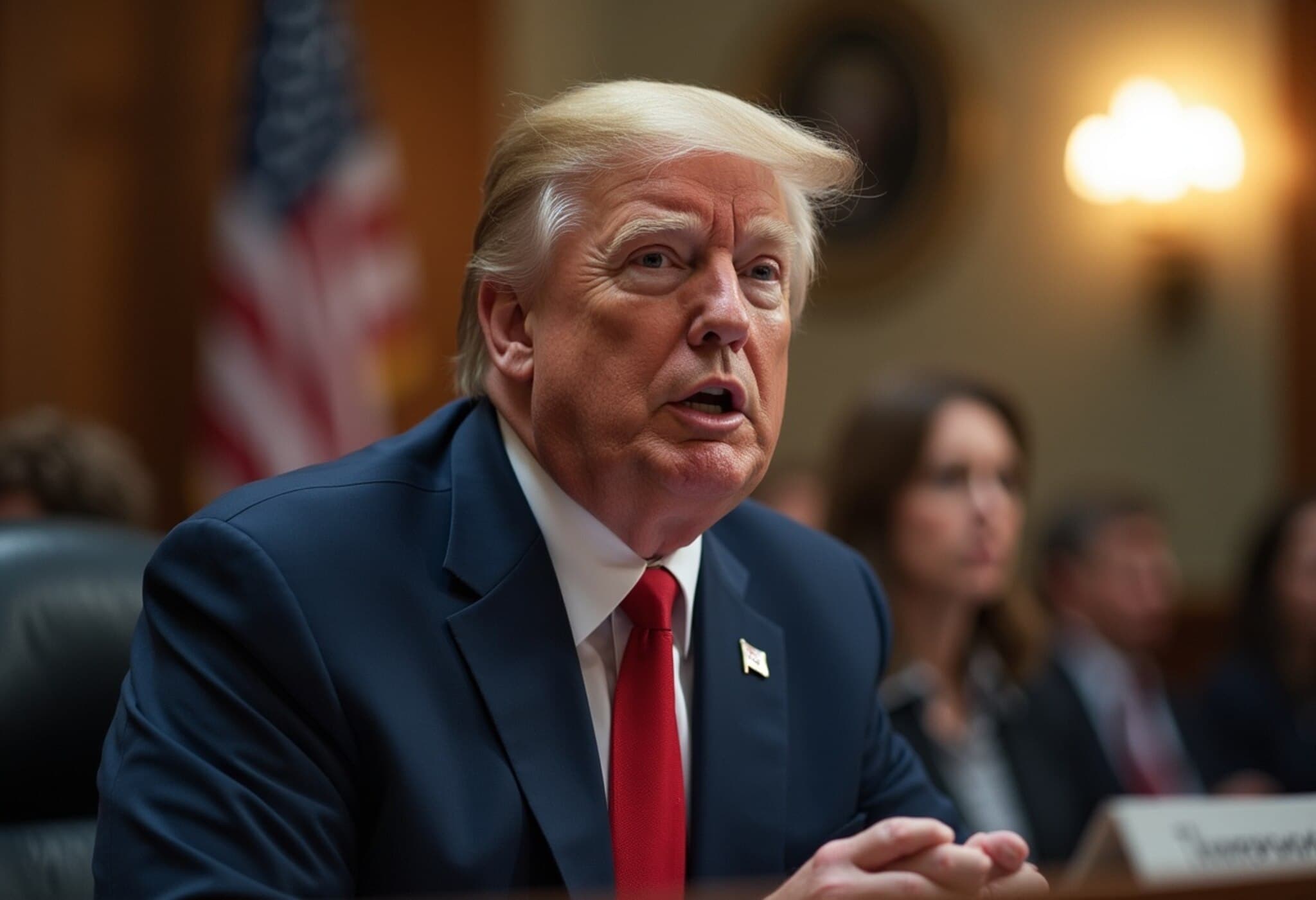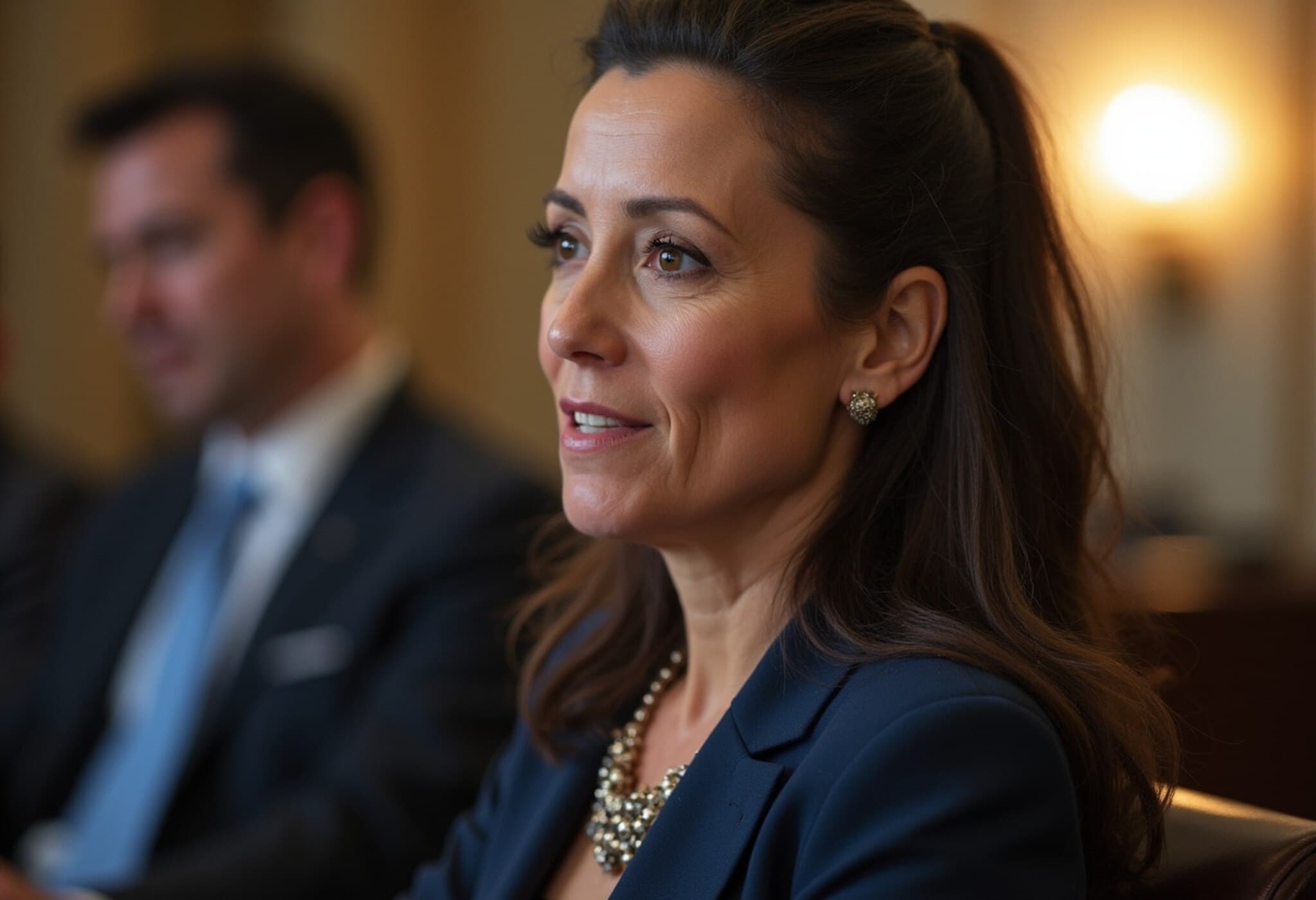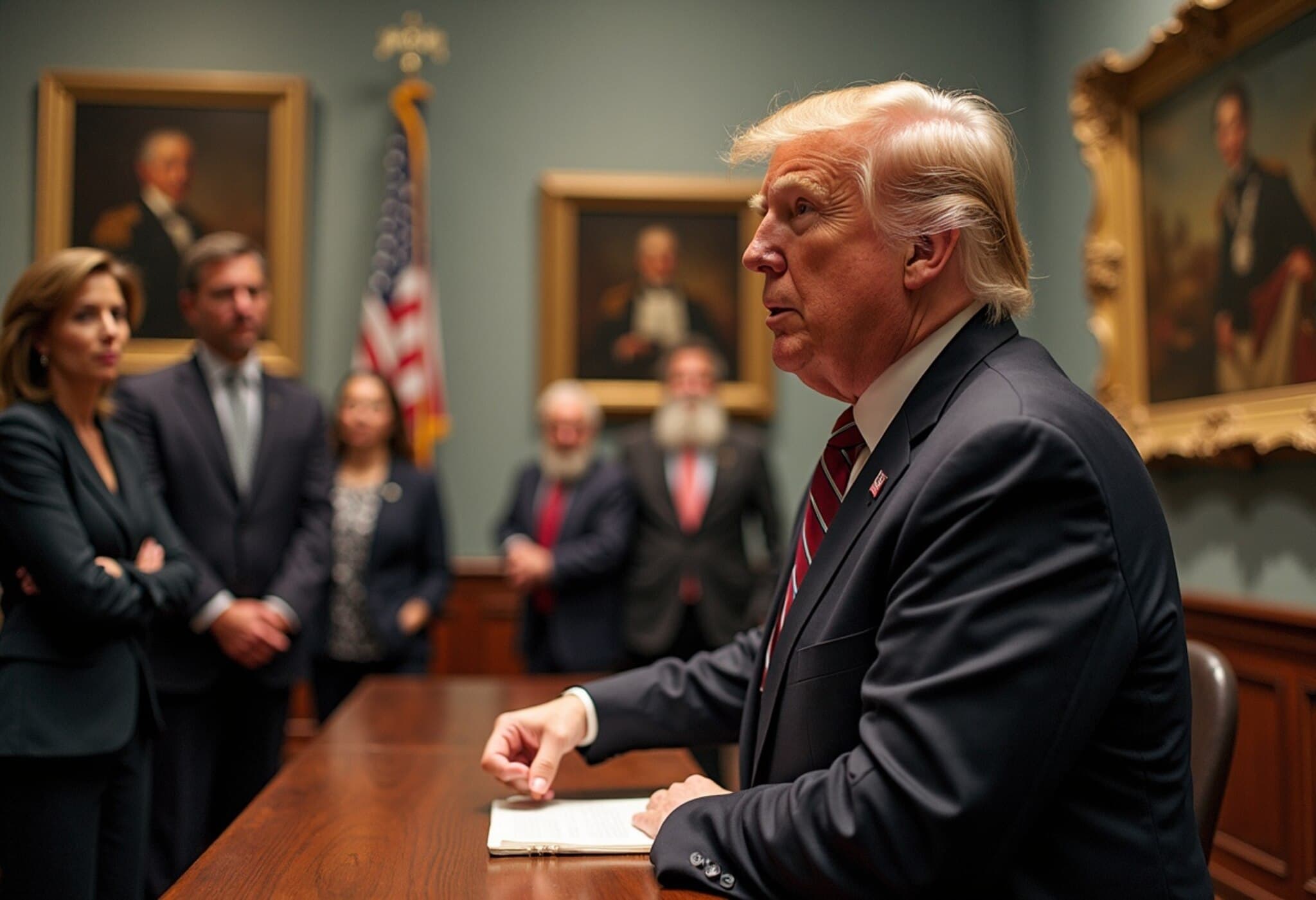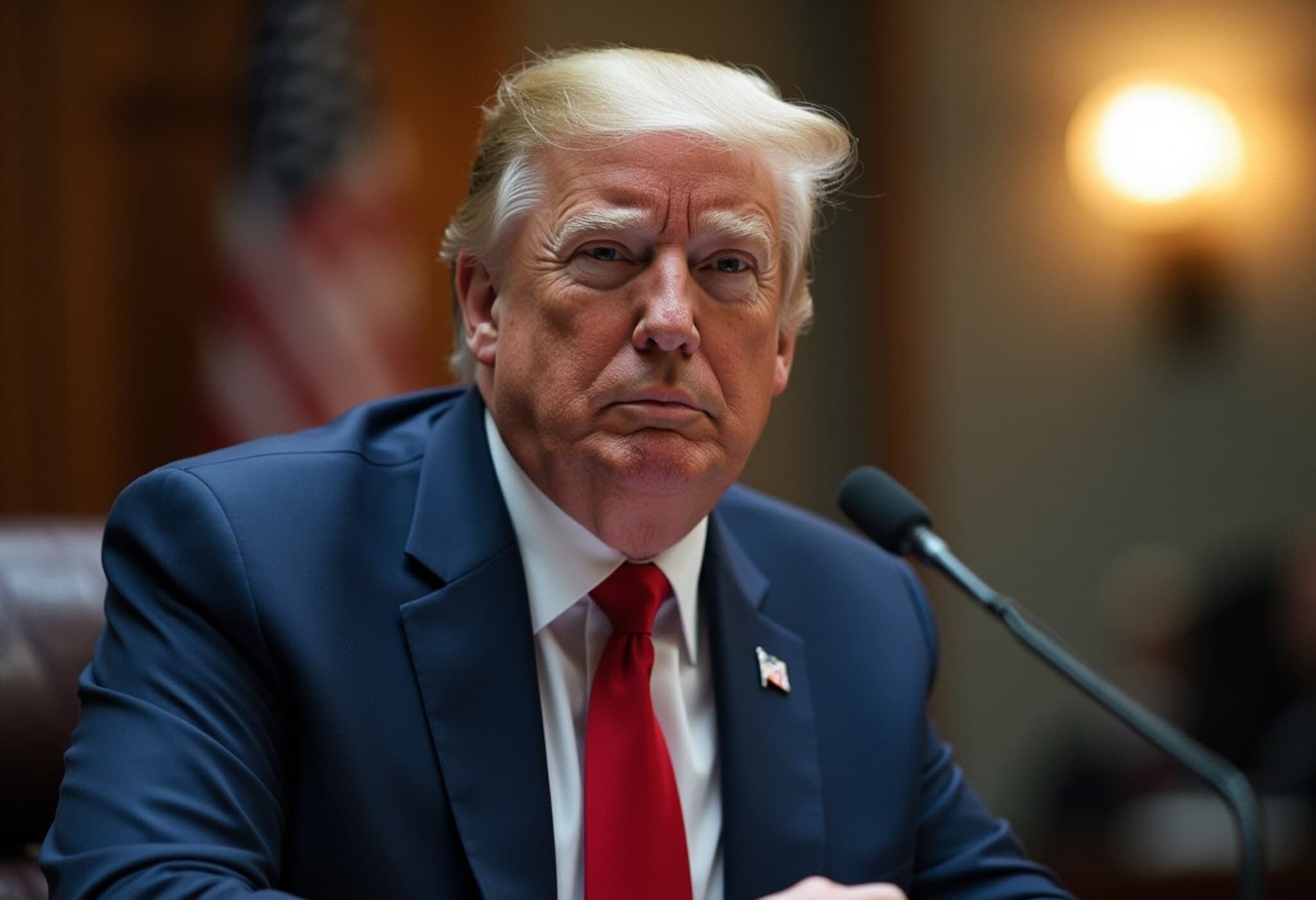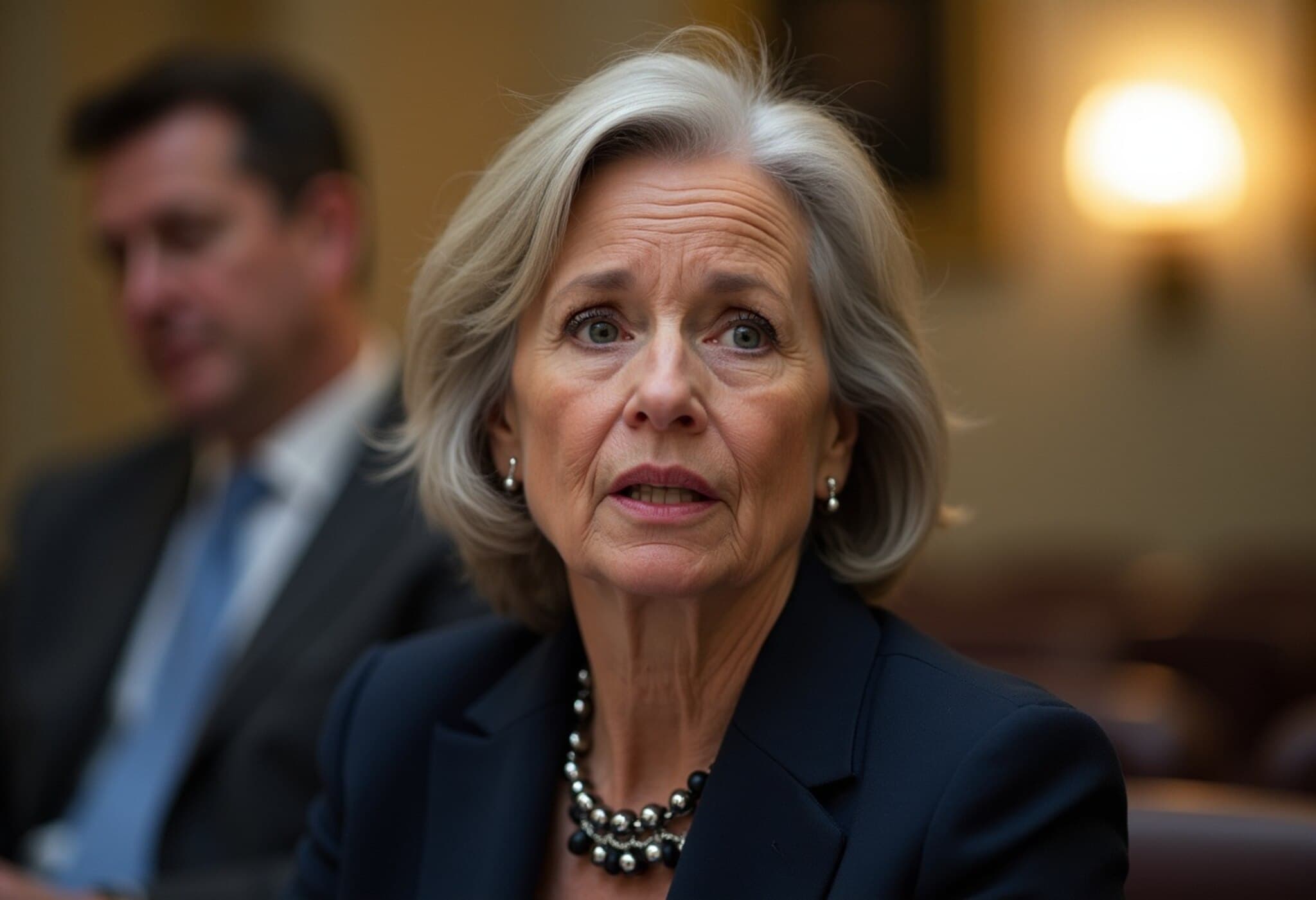Federal Judge Temporarily Halts Suspension of Key Humanities Grants
In a significant legal development, U.S. District Judge Michael H. Simon of Oregon has issued a temporary injunction against the Trump administration’s abrupt cancellation of grants distributed by the National Endowment for the Humanities (NEH). This decision, announced on August 7, 2025, challenges the legality of the federal government’s move and underscores broader constitutional questions about executive authority over congressional appropriations.
Background: Cancellation of Humanities Funding
Earlier in April 2025, the Department of Government Efficiency alongside the NEH announced a sweeping cancellation of dozens of grants awarded to state and local humanities councils nationwide. These funds underpin critical cultural, educational, and community-building programs, often supporting underrepresented voices and fostering civic engagement in local communities.
The cancellations were part of broader cost-cutting measures championed by the Trump administration, which sought to reduce federal expenditures on the humanities — a move that drew swift backlash from advocacy groups and local councils reliant on these funds.
Legal Challenge and Judicial Reasoning
The Federation of State Humanities Councils and the Oregon Council for the Humanities filed a lawsuit in May, asserting that the Trump administration’s withdrawal of approved, congressionally appropriated funds was unconstitutional. Judge Simon, appointed by President Barack Obama in 2011, sided with the plaintiffs, emphasizing that “the withholding of the funds at issue in this case is unconstitutional.”
In his detailed opinion, Judge Simon highlighted:
- Violation of Separation of Powers: The Constitution explicitly grants Congress, not the President, control over public funds — a principle known as the "power of the purse." The administration’s unilateral decision to withhold funds ignored this foundational allocation of authority.
- Irreparable Harm to Community Programs: Once these grants are canceled, the programs they support face immediate disruption with no effective remedy to reverse the damage.
- Lack of Rebuttal from Government: The judge noted that government arguments for a stay of the injunction failed to meet the necessary legal standards.
This injunction temporarily bars the federal government from disbursing, encumbering, or disposing of the funds intended for these councils until the legal dispute is resolved.
Voices from the Ground
Adam Davis, Executive Director of the Oregon Council for the Humanities, described the ruling as “heartening and motivating,” acknowledging that while this is a vital step forward, it represents only part of a broader fight to safeguard community investments in the humanities. He emphasized that these programs play an essential role in knitting local communities and the country closer together, particularly in times of political and social division.
The NEH has not publicly responded to requests for comment, but this decision places clear constraints on its ability to proceed with cutbacks without congressional or judicial approval.
Broader Context and Implications for Federal Funding Policy
This case spotlights a contentious tension that has simmered in U.S. governance for decades: executive overreach in budget matters versus congressional authority. Federal humanities programs, though often modest in scale compared to defense or infrastructure, hold outsized cultural significance. They foster critical thinking, preserve cultural heritage, and support educational initiatives that contribute to informed citizenry — pillars of democratic society.
Experts point out that attempts by any administration to unilaterally rescind congressionally approved funding could set a precarious precedent. It raises concerns about stability and predictability for non-profit organizations and local councils that rely heavily on federal assistance.
What’s Next?
The temporary injunction is just the opening act in a potentially protracted legal battle over the executive branch’s funding powers. As the case advances, courts will need to wrestle with constitutional doctrines and the balance of power amid shifting political priorities.
For Americans invested in the humanities, the stakes are tangible: protections for community-based educational programming, preservation of culture, and the safeguard against politicization of arts funding.
Expert Insight
Dr. Laura Chen, a constitutional law professor at Georgetown University, notes, “This ruling reiterates the critical role Congress plays in federal budgeting, reinforcing checks and balances designed by the framers to prevent unilateral executive decisions that undermine legislative intent.” She adds, “If left unchecked, similar actions could threaten the very fabric of federal support for sectors that depend on consistent, reliable funding.”
Editor’s Note
This case serves as a compelling reminder of how intertwined constitutional law is with the everyday realities of arts and humanities programs shaping local communities. The immediate preservation of funding speaks to a larger struggle over governance, democratic accountability, and cultural stewardship in America. As this legal story unfolds, readers should consider how federal budget decisions ripple far beyond Washington D.C., directly influencing education, community cohesion, and access to the humanities nationwide.
In an era where public discourse often focuses on high-profile politics, the quieter battle over humanities funding reveals profound questions: Can constitutional checks safeguard democratic values against shifting political winds? How might communities advocate more effectively to protect these vital cultural resources? Observers and stakeholders alike should watch this case closely, as its outcome may redefine the relationship between Congress, the Executive Branch, and the cultural landscape of the United States.

